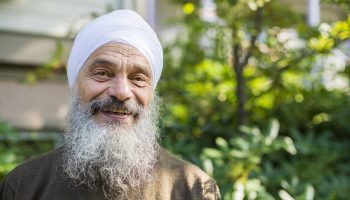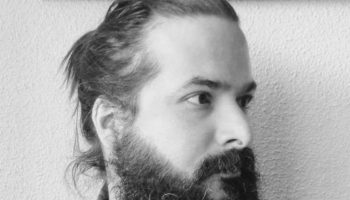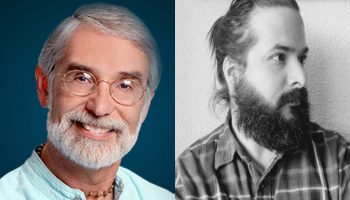NICK DANLAG – STAFF WRITER
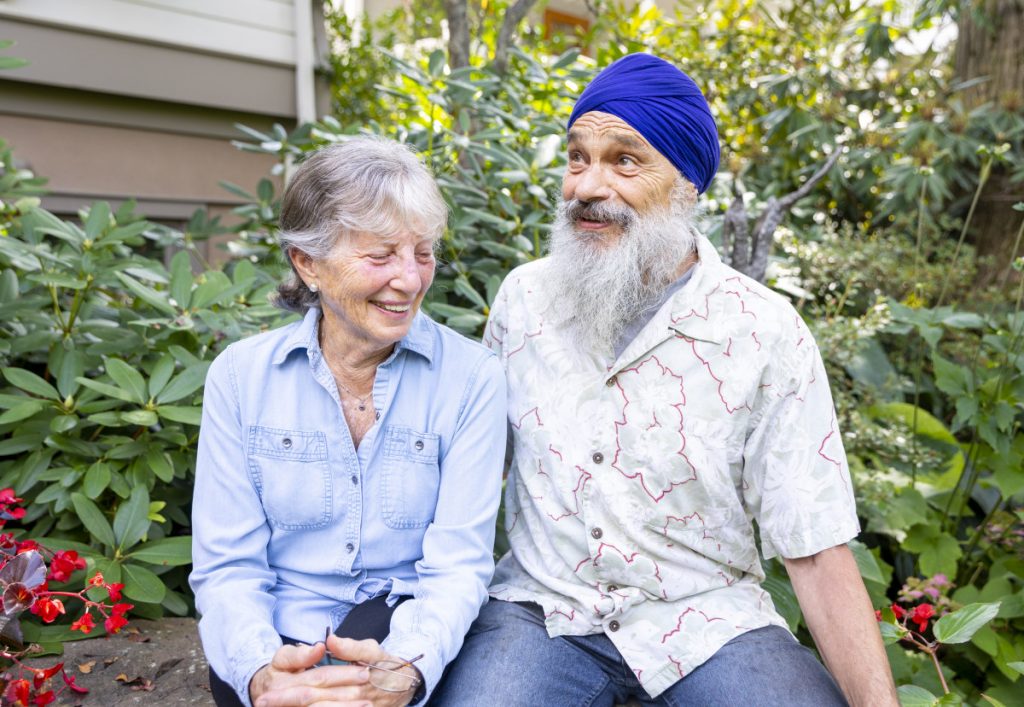
After 20 years of serving as co-directors of the Mystic Heart Meditation Program, Subagh Singh Khalsa and Linda Winkelstern have decided to retire. This retirement, Khalsa said, will be phased over at least 12 months to help the transition to the next leadership.
“I think Chautauqua is remarkable in its ability to observe a huge variety of styles and traditions, whether it be within the Department of Religion or whether it be in visual arts or in the theater,” Khalsa said. “We all try to bring diversity to what we’re doing, and I think everyone benefits. I think if you’re here in Chautauqua, you understand that the mix is one of the most valuable things.”
Their reason behind the decision can be summed up in two words, as Winkelstern said: “Old age.” They want the program to have new, energetic leadership with support from the Institution.
“Mystic Heart has enormous potential beyond what we’ve already been doing for these several decades,” Khalsa said. “We just feel that with our age, we might suddenly be unable to do this. And also with our, maybe, staleness, that we’ve sort of done the same thing, more or less, for all this time, two things are necessary.”
The first is finding new, innovative leadership.
“We don’t want to just duplicate what we’ve done up till now,” Khalsa said. “It’s time for innovation. We can imagine all kinds of new things that are beyond what we’ve done already, but the energy, the funding, the creativity needs to be in place. We might be looking at a several-year process of growth and development.”
Winkelstern said the program in 2019 had 3,200 participants, and, because less programming due to COVID-19, 1,000 this year. In 2019, Mystic Heart had two morning meditations and afternoon programs four days a week, as well as practices Thursday night and Saturday morning. This year, the program has had a singular morning meditation, along with Carol McKiernan’s Centering Prayers.
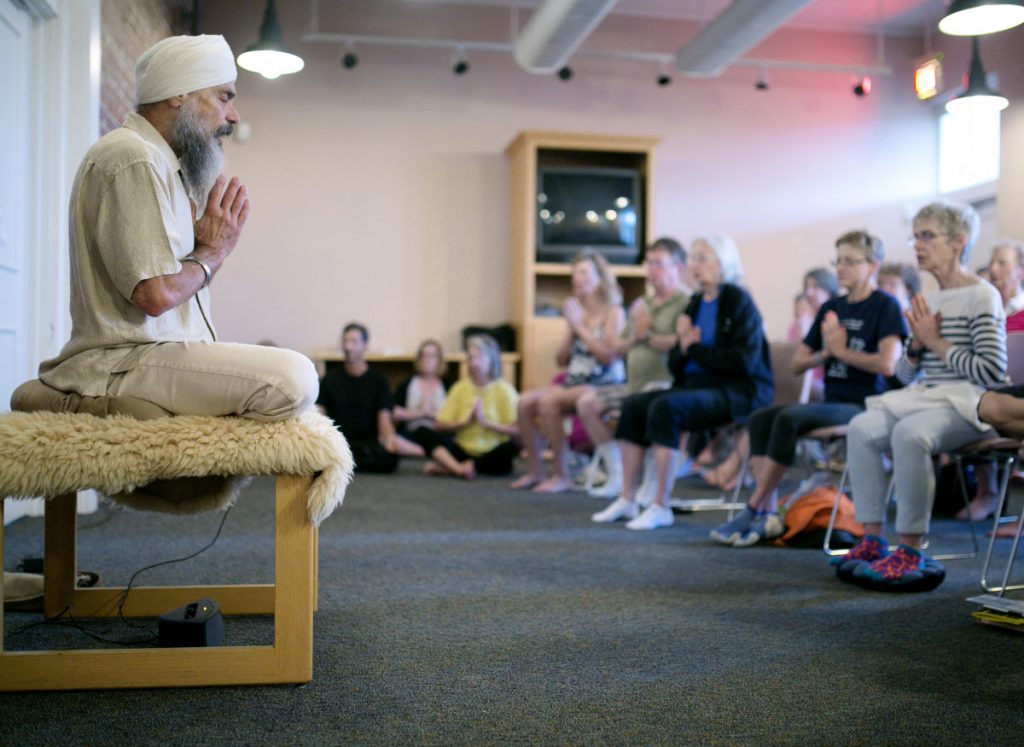
Khalsa has been teaching mediation for around half a century, and, along the way, has seen how people can gain compassion, wisdom and courage from the practice. He thinks these qualities are often missing in wider, materialist culture.
“One of the things that I frequently bring up is what happens to the meditator after they get up from their practice, after they go back out into the world, after they re-engage with their family, their friends, their communities, the stranger on the street and the world in general,” Khalsa said. “How can they carry from their own peaceful center something that’s of real value to others?”
The program brings in a diverse range of mediation styles by bringing a different speaker from a different practice each week, from Hinduism, Buddhism, Sikhism, Judaism, Islam, Christianity and more.
“Each of those will appeal to individuals according to their own background, culture, psychological makeup, learning style,” Khalsa said. “I can’t predict ahead of time what the individual is going to be most comfortable with. We feel like all of these traditions have a tremendous amount to teach us, and we’ve always wanted to expose people to as many as we possibly can.”


